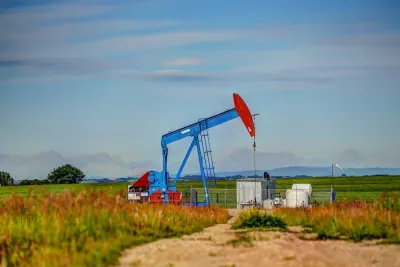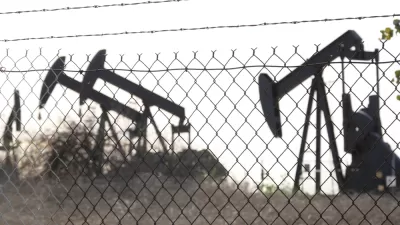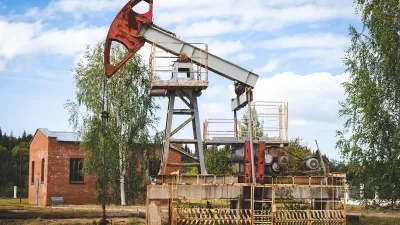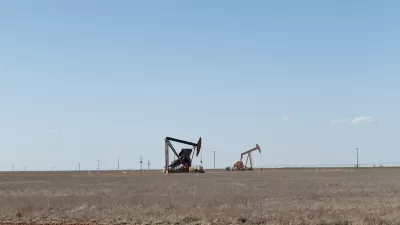Alberta’s upcoming plan to address nearly 80,000 abandoned oil wells has sparked controversy over the potential use of public funds, despite government claims that taxpayers won’t be footing the bill.

Alberta’s government is preparing to release a report detailing its strategy for addressing nearly 80,000 abandoned and inactive oil wells, but the plan is already drawing criticism and concern over the potential use of public funds. As reported by Jim Wilson, the draft report—authored by former oilfield services executive David Yager—proposes the creation of government-owned companies that would extract remaining oil from mature wells and use the profits to fund cleanup. The report also recommends the formation of an industry-funded insurance pool that would be backed by provincial resources, raising fears that taxpayers may ultimately bear the financial burden.
The leaked 71-page draft, dated January 28, 2025, reflects a growing public unease around industry accountability and government oversight. The report acknowledges that “trust has been broken” between the provincial government, the energy industry, landowners, and municipalities. Alberta Premier Danielle Smith has expressed openness to creative cleanup funding strategies, including allowing companies to generate revenue from abandoned wells. However, she also conceded that such wells may not be economically viable and said she is eager to gauge public sentiment on the proposals.
In contrast, Alberta’s Energy Minister Brian Jean has denied any intention of using public funds, stating firmly that “we will not put public tax dollars into cleaning up wells.” The Alberta Energy Regulator (AER) mandates strict protocols for well abandonment under Directive 020, which outlines project planning, subsurface, and surface abandonment procedures designed to protect groundwater and the environment. The disconnect between the minister's statement and the draft plan’s recommendations has intensified public scrutiny, highlighting tensions between economic recovery efforts and environmental responsibility.
FULL STORY: Will Alberta use public funds to clean up abandoned wells?

Alabama: Trump Terminates Settlements for Black Communities Harmed By Raw Sewage
Trump deemed the landmark civil rights agreement “illegal DEI and environmental justice policy.”

Planetizen Federal Action Tracker
A weekly monitor of how Trump’s orders and actions are impacting planners and planning in America.

The 120 Year Old Tiny Home Villages That Sheltered San Francisco’s Earthquake Refugees
More than a century ago, San Francisco mobilized to house thousands of residents displaced by the 1906 earthquake. Could their strategy offer a model for the present?

In Both Crashes and Crime, Public Transportation is Far Safer than Driving
Contrary to popular assumptions, public transportation has far lower crash and crime rates than automobile travel. For safer communities, improve and encourage transit travel.

Report: Zoning Reforms Should Complement Nashville’s Ambitious Transit Plan
Without reform, restrictive zoning codes will limit the impact of the city’s planned transit expansion and could exclude some of the residents who depend on transit the most.

Judge Orders Release of Frozen IRA, IIJA Funding
The decision is a victory for environmental groups who charged that freezing funds for critical infrastructure and disaster response programs caused “real and irreparable harm” to communities.
Urban Design for Planners 1: Software Tools
This six-course series explores essential urban design concepts using open source software and equips planners with the tools they need to participate fully in the urban design process.
Planning for Universal Design
Learn the tools for implementing Universal Design in planning regulations.
Clanton & Associates, Inc.
Jessamine County Fiscal Court
Institute for Housing and Urban Development Studies (IHS)
City of Grandview
Harvard GSD Executive Education
Toledo-Lucas County Plan Commissions
Salt Lake City
NYU Wagner Graduate School of Public Service





























